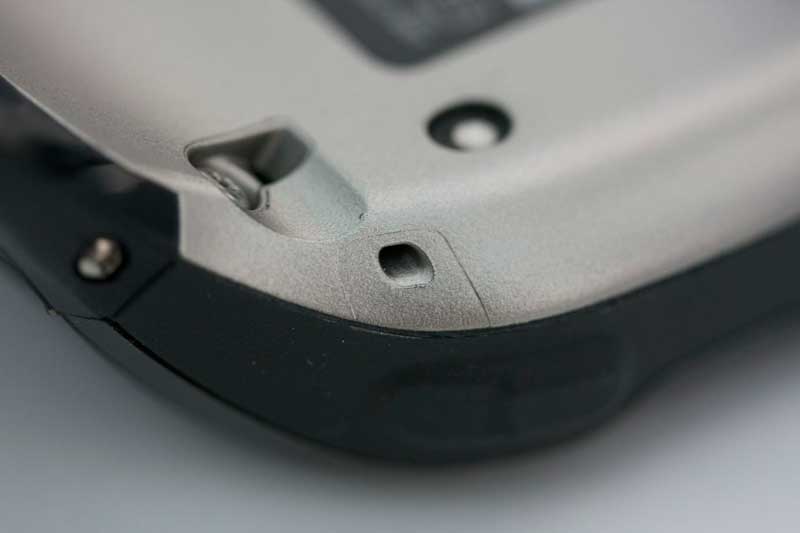The Christmas Lottery
Christmas is approaching, and before too long it will have crept up on us once again as we battle the elements and try to get that last-minute shopping done. While Christmas in the UK means turkey, mince pies and mawkish ads for department stores, a Spanish Christmas has one unique extra element. That additional feature is the world-renowned El Gordo lottery, which boasts the largest prize pool of any lottery anywhere in the world, and which is a fixture of a Spanish Christmas.
The very first Spanish Christmas lottery was held all the way back in 1763 as a way to raise funds for the Spanish military in the war against Portugal. This lottery was a huge success, raising double the expected amount of money, but despite this the idea was shelved for almost half a century. The armies of Napoleon posed a grave threat to Spain in 1811, prompting the authorities to run a new Christmas lottery so as to raise funds for the military once again. In fact it took quite a while for the lottery to be rubber-stamped by the government, meaning that the first Christmas lottery actually took place in March of 1812. What’s more, the draw was held in the southern city of Cadiz, since Madrid was under siege from the French army.
The other name for the Loteria de Navidad (Christmas Lottery) is ‘El Gordo’, which translates as ‘the fat one’. This is a reference to the size of the lottery fund (over two billion euros), which dwarfs even giant international lotteries like the American MegaMillions and Powerball. The difference is that the El Gordo is more democratic in how the funds are paid out, with 70% of the prize pool paid out in the form of prizes. The top prize is €4 million, and there are 1,794 smaller prizes of €1,000 each. After that, there are more than 10,000 smaller prizes ranging in value between €50 and €200. With so many chances to win it’s no surprise that over 75% of Spaniards take part in this lottery.
A full ticket would cost a hefty €200, which is a little excessive for most people. Because of this, most people invest in a decimo (1/10th of a full ticket) for €20 instead. Families, friends and work-mates will often club together to buy a full ticket between them. Each full ticket is made up of a unique 5-digit number, and prizes are awarded if you can match the drawn number in the right place. The draw takes place on December 22nd, and is nationally televised, which school-children singing out the numbers from the stage of the opera house in Madrid. The whole production takes over three hours as all the different tier numbers are drawn, and Christmas in Spain just wouldn’t be the same without it.












I missed this nuggety of information… Only just read it !!